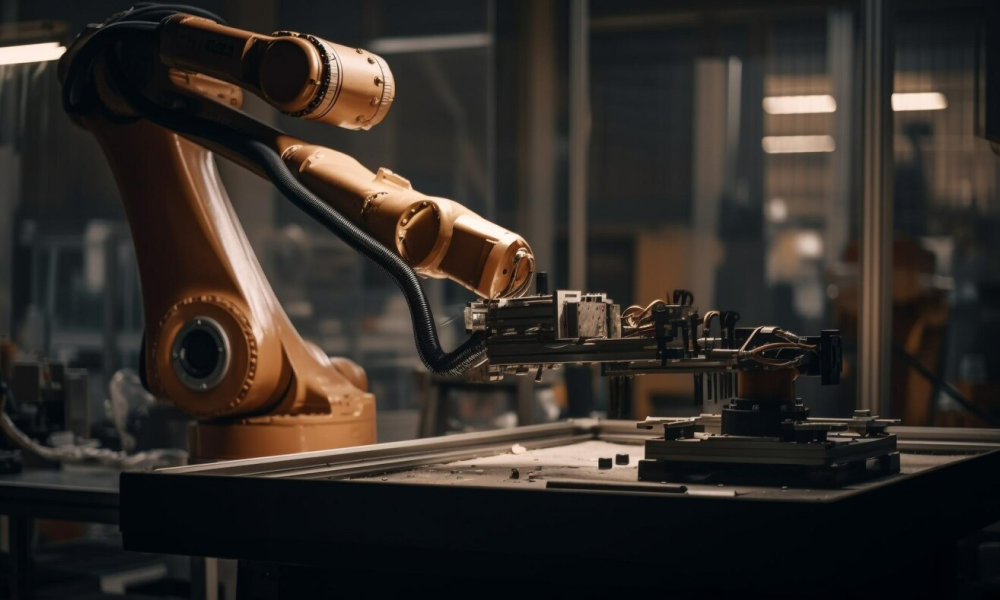The Role of Robotics in Modern Railway Tool Manufacturing.

Services
- Special Purpose Machines
- Heavy Fabrication Fixtures
- Line Automation
- Railway Tools
- Robotic Welding Systems
how can we help you?
Have questions or need assistance? Get in touch with us today. We're here to help.In today's rapidly evolving industrial landscape, robotics has revolutionized the manufacturing of railway tools, transforming the sector with enhanced precision and efficiency. Traditionally, the production of railway tools required manual processes, leading to inconsistencies and longer lead times. However, the introduction of robotics has automated these tasks, resulting in more accurate and reliable tools.
Robotic systems are equipped with advanced sensors and control mechanisms, enabling them to perform intricate tasks with greater accuracy than human hands. This precision is crucial in railway tool manufacturing, where even the smallest error can impact the functionality of tools used for railway maintenance and construction. For example, robotic welding systems ensure consistent, high-quality welds, reducing the risk of tool failure and improving the longevity of the tools.
In addition to precision, robotics has significantly improved the efficiency of production. Automated systems can work around the clock without fatigue, increasing output and reducing production time. This boost in efficiency has allowed manufacturers to meet rising demand without compromising on quality. Furthermore, robots minimize waste by optimizing material usage, leading to cost savings and a more sustainable manufacturing process.
Conclusion
The integration of robotics in railway tool manufacturing has become indispensable. It has not only enhanced precision but also improved efficiency, reducing errors and increasing production capacity. As technology continues to advance, robotics will play an even more significant role, driving the railway tool industry toward greater innovation and reliability.